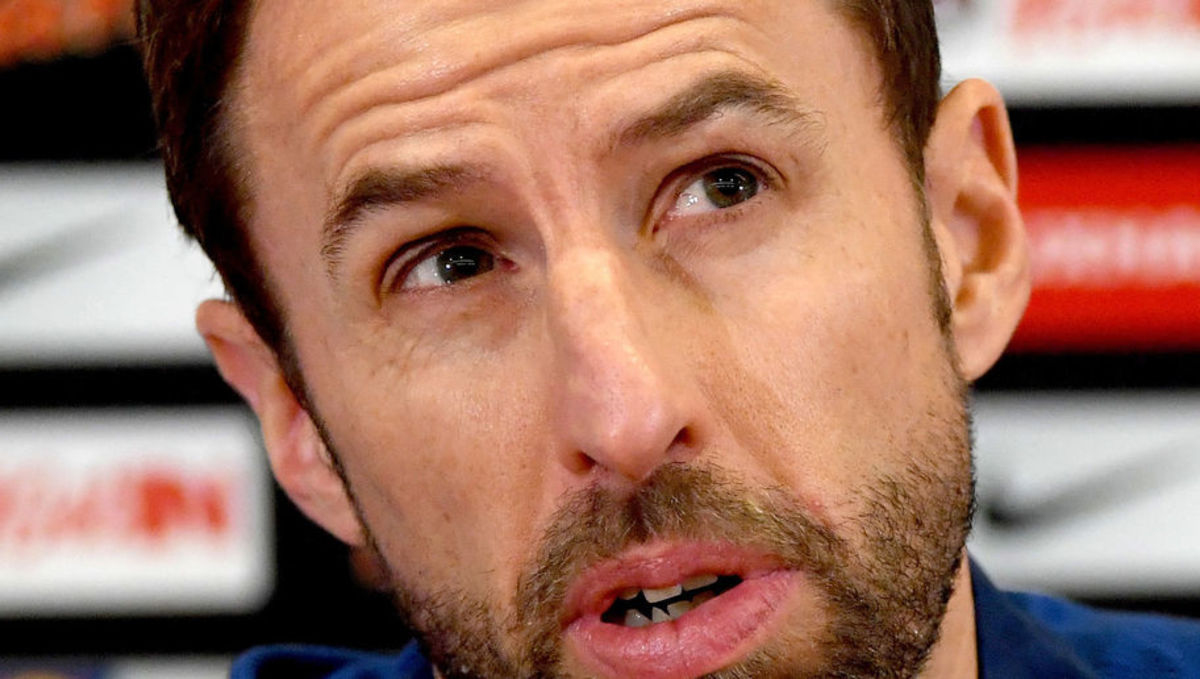
The Enigma That Is 'Form' in International Football and How it Impacts on National Teams
There has been a great furore around form in England's national team in the last few days. The 'form furore' as it were, emerged due to several notable inclusions and exclusions from the national squad, and was then compounded by Gareth Southgate's fairly inflammatory and largely confusing comments regarding the expected criteria for a place in his England side.
While you can understand Southgate's position, and it would be unwise to rule out such considerations as form, playing time and positional issues when drafting a squad, as others before him have come to realise, stringently adhering to one such principle is a dangerous game.
As club football surpasses the international game (at least on our shores) further and further with each passing day, and the clamour for the return to domestic matters pervading more and more with each international break, potential success at an international level accordingly becomes harder and harder to gauge.
A common belief currently is that English players' lack of playing time domestically, particularly 'big game' experience, is one of the main factors in its current failings. This is undeniable. What is debatable, however, is how much form affects such an intangible medium as international football.
There have been countless examples over the years of these 'international animals' if you like, who would consistently perform titanic roles for their national sides, undeterred by their comparative labouring at club level.
Take the Northern Ireland striker Kyle Lafferty, a favourite of current manager Michael O'Neill. He has never managed to consistently cut the grade for his various clubs (of which there have been an unbelievable variety), but has still managed to thrive (sort of) in the international game.
His inconsistencies domestically, in Turkey, Switzerland, Italy, England and now Scotland have not inhibited him from pertaining a pivotal role for his nation over the years, collecting 65 caps and 20 goals internationally compared to 88 in 373 appearances at club level.
Yet Lafferty is not the most extreme version of this phenomenon, even in his own country. David Healy, infamous in his country of birth, but largely anonymous everywhere else, is the everlasting international wonderkid of Northern Irish football.
Despite languishing predominantly in England's second tier, and scoring only five goals in the three seasons he resided in the Premier league, he held a hero's status internationally. In 95 appearances for his country, he compiled an impressive 36 goals, including an unforgettable hat trick against Spain and a similarly celebrated winner against England.
Admittedly two examples from Northern Ireland may not form the most concrete of arguments for this debate, but there are further examples. In fact, there are countless players who have been able to sustain successful club careers, built primarily on their international accomplishments, as opposed to the other way around.
Take, fittingly, two generations of English and German strikers: Miroslav Klose, Gary Lineker, Lukas Podolski and Michael Owen. Despite all four undoubtedly having prosperous careers, they all at one point or another relied implicitly on their form internationally to propel them through their club careers. Whether that was unbelievable consistency and goalscoring form in national colours, or moments of spectacular genius, they saved their greatest performances for their country.
There are current players, too, who have hit sensational heights internationally, and are still reaping the rewards and acclaim at their clubs, despite intermittent performance levels. Messrs James Rodriguez, Olivier Giroud and Danny Welbeck, to name but a few, have all profited handsomely from international feats, and have never quite managed to recreate this in club colours.
Whether this is all down to the added passion and patriotism that comes with the international game, or a deeper and natural level of understanding with your countrymen, or simply an abnormality - remains frustratingly unclear.
What it does amount to is the moderately obvious conclusion that international football is a strange entity, and there are certain types of players and characters who inexplicably flourish within it.
It is therefore shortsighted to expect to gather these kinds of players, these totemic performers, if you're selection process relies solely on the domestic form and playing time of the candidate.
These enigmas within the game can be hard to find, and that's why it's so important that an international manager possesses the nose to sniff out such characters, and is able to harness such intangible qualities in his squad. This is what the best coaches internationally have always been able to understand and prosper from.







